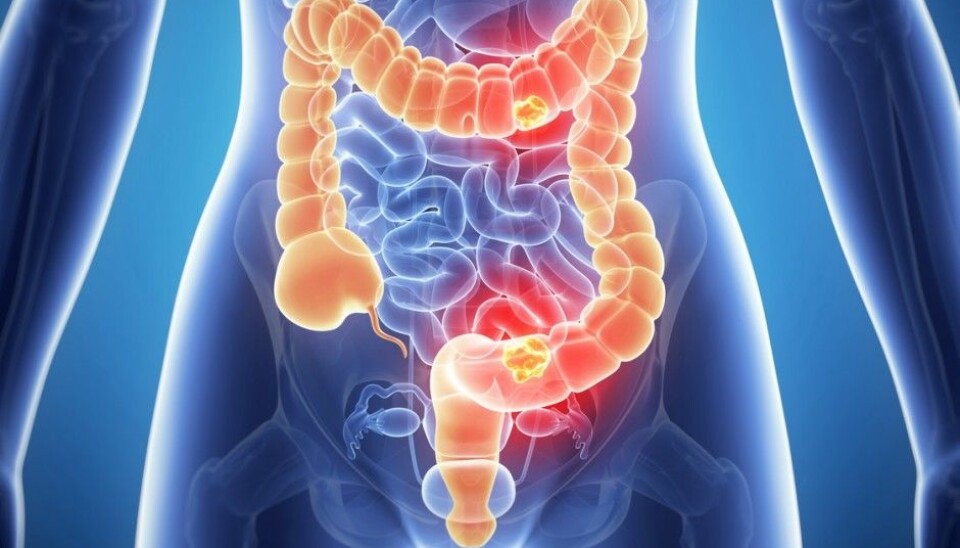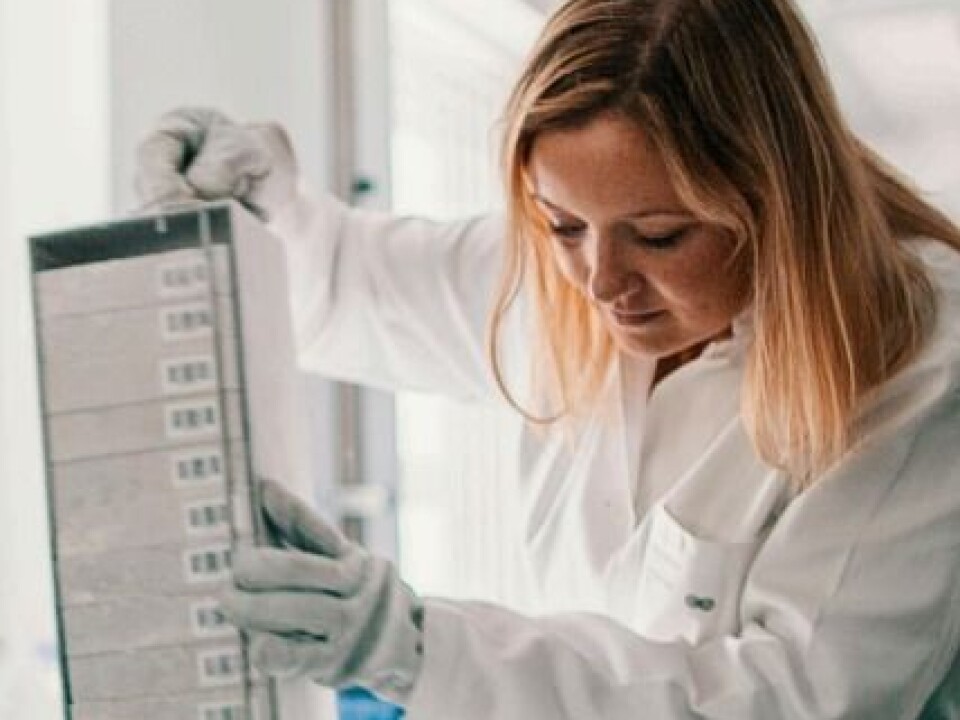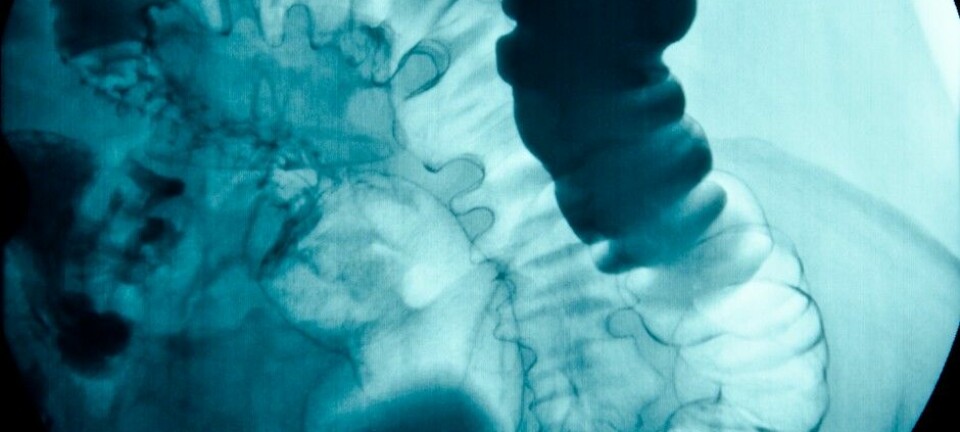
Cancer mystery in Norway
Why does a Norwegian woman have nearly double the risk of colorectal cancer as her female counterparts in nearby Finland? Researchers have no idea.
In most countries, women have a much lower incidence of colorectal or intestinal cancer than their male counterparts.
In Norway, however, the incidence of this type of cancer has increased so much over the last five decades that women in Norway have the highest rates of the disease in the world.
In fact, Norway’s incidence of intestinal or colorectal cancer has tripled in both sexes over the last 40-50 years, and researchers have no idea why. It is now the second most common form of cancer in both men and women in Norway.
There’s a lot we do not know about intestinal cancer, says Paula Berstad, a researcher at the Norwegian Cancer Registry. But, she says, there is one thing that researchers know with absolute certainty: these kinds of cancers are linked to lifestyle factors.

“In fact, it is the one cancer that has offered the greatest chance of being prevented with a healthy lifestyle, with the exception of lung cancer, which is associated with a major factor, smoking,” she said.
What’s so different about Norway?
Norwegians like to think that they are not that much different from other Nordic countries in terms of lifestyle and diet.
But the statistics say otherwise: Norwegians have a much higher risk of this type of cancer than residents in neighboring countries.
A Norwegian woman has almost twice as much risk of getting intestinal cancer as a Finnish woman, a fact that has researchers at the Norwegian Cancer Registry scratching their heads.

Geir Hoff has studied intestinal cancer since the 1980s. “What have we done differently over the last few decades than citizens of other Nordic countries that could explain this difference?” he says. “The truth is, we just don’t know.”
Could there be a genetic explanation?
"We may have genes in Norway that make us more vulnerable to environmental changes and lifestyle diseases, but not that we know of, at least not now,” he said. “In any event, we’re talking about a tripling of the incidence of this disease over the last 40-50 years.”
Environmental pollution and diet?
One of the most common ways a person can be exposed to environmental contaminants is through the food they eat. But Hoff says that there are not that many differences between what Norwegians eat and their Nordic neighbours.

One distinguishing aspect of the Norwegian diet, however, is the amount of fish they consume, he said.
"We know that marine fat can contain environmental pollutants. But no studies have clearly shown that this has significance for intestinal cancer,” he said. "And the occurrence of intestinal cancer is not higher in northern Norway, where people eat more fish than in the rest of the country.”
Intestinal bacteria, warm lunch and high fibre diets
Trine Rounge and her colleague Paula Berstad at the Cancer Registry are starting a project where they will examine the relationship between the bacterial flora in the intestine and the diet of Norwegian participants in a large-scale pilot project on intestinal cancer screening that is currently underway.
Rounge says she will take a look at distinctive Norwegian eating habits.

“People in other Nordic countries eat hot lunch more often than we do,” she said. “Hot dishes typically contain different foods than cold dishes. Perhaps that’s part of the explanation?”
Berstad, who was born in Finland, notes that foods with a high fiber content protect against intestinal cancer.
"Whole grain seems to feed healthy bacteria in the intestine," says Cecilie Kyrø, a Danish researcher at the Cancer Control in Copenhagen.
She and her Danish colleagues have also become curious about why Norway has such high incidences of the disease.
"We find that Norwegian men and women eat less rye than Swedes, Danes and Finns. But in general Norwegian eat as much whole grain as other Nordic countries,” she said.
Determining what has the most effect
Markus Knudsen has studied patients who have participated in the pilot project for intestinal and colorectal cancer screening, now being conducted at the Østfold and Vestre Viken hospitals.
He has tried to figure out if there are any factors that distinguish between people who had precursors of intestinal cancer or have actually had the disease and those who are healthy.
“All factors contributed a little, but no one factor contributed a lot to the risk,” he said. “However, the clearest factors that stood out in the risk group were alcohol and smoking.”
A smoker who smokes 40 cigarettes a day has a more-than 40 per cent greater risk of developing bowel cancer than someone who does not smoke. And someone who drinks between 50 and 100 grams of alcohol per day, or the equivalent of between four and eight bottles of beer a day, has a 60 per cent higher risk of developing intestinal polyps than a teetotaler.
Live a healthy life and don’t worry
Hoff believes that people who like to live healthy lives are lucky. Nevertheless, he says, people should not worry too much about ways to avoid getting intestinal cancer.
“Intestinal cancer is without a doubt a major health problem. But we shouldn’t forget that just 6-7 per cent of the population gets this kind of cancer. Just over 95 percent of us will die of something else,” he said.
-------------------------------------------
Read the Norwegian version of this article at forskning.no

































